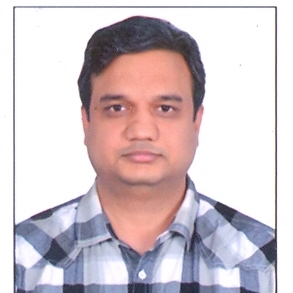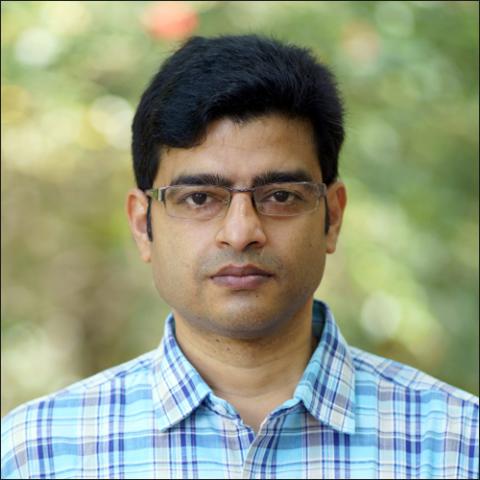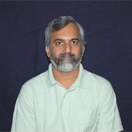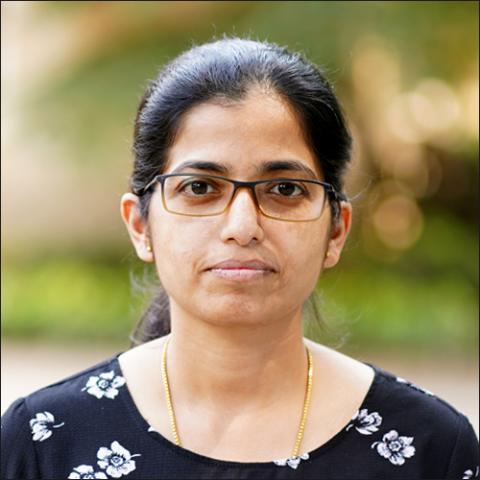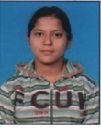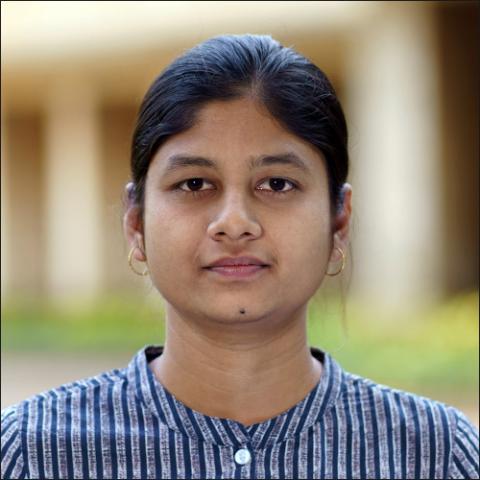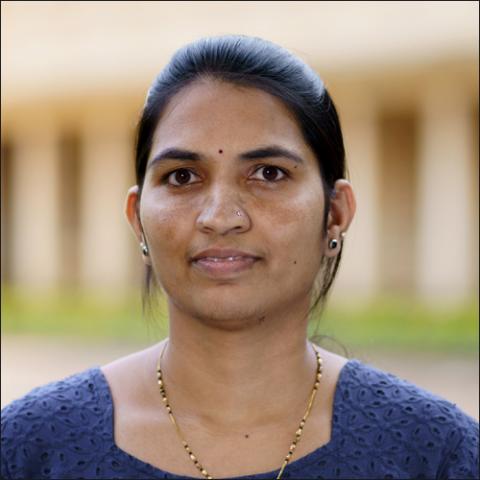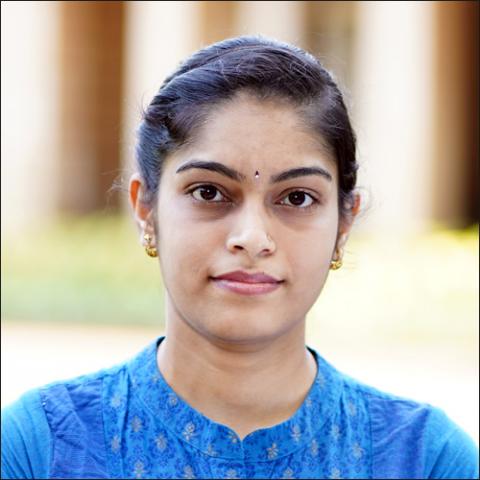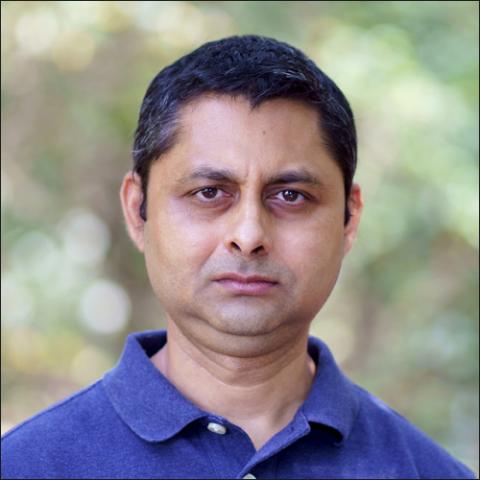The SCM group at RRI started as a Liquid Crystal laboratory and is well known for the discovery of several new types of Liquid Crystals. This includes the discotic phase made up of disc-like molecules, biaxial Smectic-A phase and a new type of Twist Grain Boundary phase. Since then, the group has diversified to include research on a wider range of soft materials including biological systems.
Soft Condensed Matter (SCM) includes the investigation of materials like emulsions, colloidal suspensions, liquid crystals, polymer gels or solutions, macro-molecular assemblies, and biological materials like lipid membranes, cells, tissue, etc. Such materials are made up of macromolecules or supramolecular entities that are held together by very weak interactions, of the order of thermal energy. These materials exhibit very rich phase behaviour, forming a plethora of structures over a wide range of length scales, each with unique and fascinating physical properties. Moreover, these materials can exhibit both solid-like and fluid-like properties and are generally termed as viscoelastic. The material properties can be easily tuned by changing various physical parameters such as temperature, surface properties, chiral effects or by external electrical or mechanical stimuli. Besides being of fundamental interest to the study of phase transitions and cooperativity arising out of many-body interactions, these materials also find a wide range of applications owing to the easy tunability of their properties. In recent times the field has diversified to include driven granular systems, active materials made up of self-propelled particles, reconstituted cellular systems, etc. The field of soft materials is also a testing ground for theories and models of equilibrium and non-equilibrium statistical physics.
Biophysical systems presents a new class problems which are of interest not only from a biology context but also from a physics perspective. For example, the cytoplasm of a eukaryotic cell is filled with an active biopolymer matrix. Unlike synthetic polymer gels, the filaments that constitute this matrix are held out of equilibrium and undergo constant polymerisation-depolymerisation process, and special proteins called molecular motors can generate active stresses causing macroscopic flows. These active processes drive cellular dynamics like locomotion, division, shape change, etc. The cell nucleus is also filled with a polymer matrix—the DNA and its associated proteins. Here DNA conformations and control of gene expression are dictated by polymer physics driven by active dynamics and DNA-protein interactions. These problems are tackled using theoretical understanding of non-equilibrium dynamics as well as experimental strategies.
Current research areas of the SCM group at RRI includes the study of topological structures and phase behaviour of liquid crystals, non-equilibrium flows and pattern formation in suspensions, jamming in colloidal suspensions, mechanical properties of living cells, and physics of DNA-protein interactions. The department has state of the art experimental facilities like confocal fluorescence microscope, scanning electron microscope, small angle xray scattering setups, Raman microscope, atomic force microscope, etc, apart from several techniques developed in-house.
Related articles:
Soft Matter: https://link.aps.org/accepted/10.1103/RevModPhys.89.025002
Biophysics: https://physicstoday.scitation.org/doi/10.1063/1.2216960


